I have three jobs—lecturer, facilitator of academic research, and mother of two nature-engaged kids. My three experiences lead me to think we have a core problem in urban social-ecology: that we let our fealty to discipline-specific methods get in the way of true multidisciplinary work that is key to real understudying in urban social-ecological systems. That is, our cross-cutting ideas are good and on the right track. Our methods, kept in silos, hold us back.
Job 1
One of the best parts of my lecturer job is that I get to teach a graduate course in urban ecology. I take a class of fourteen postgraduate students and we spend a semester exploring the theory and practice of urban ecology. The University of Cape Town’s Environmental and Geographical Science Department has various streams and points of entry for graduate students and students in my class have a diversity of backgrounds. Some have a strong disciplinary foundation in biology or social science, and others have more vocational training and are looking to add value to their qualification. This makes for an interesting teaching space, and we often end up in lively debate. The debate that goes on in my head is:
“What sort of urban ecologists do we want to train?”
“What should they be capable of?” And finally:
“Do we want good generalists or niche-specific specialists?”
Irrespective of their backgrounds, all my students relish the examination of the theory emerging in the field of urban ecology. For the first half of the semester we grapple with the call for new frameworks and theory, and scrutinize the old ecological theories to see if they fit the urban context. We delve into several thematic areas, and as the students lead these discussion sessions, selecting the themes at the start of the semester and the readings for each class, we shy away from nothing. This is a thrilling and greedy journey in which the students flex their muscles and put out critical and bold views.
Just as we are getting to that point when classmates start to anticipate each other’s points of view, we change gears. We start the second term of the semester with a daylong field trip, the purpose of which is to stimulate research ideas. Students return from this field trip and must present their research idea to the class—the question there are addressing, likely areas of literature, and the methods—following which we take a vote on which project the class should carry out. I am always delighted by the creative project ideas, and can see the culmination of theory and local context informing the ideas.
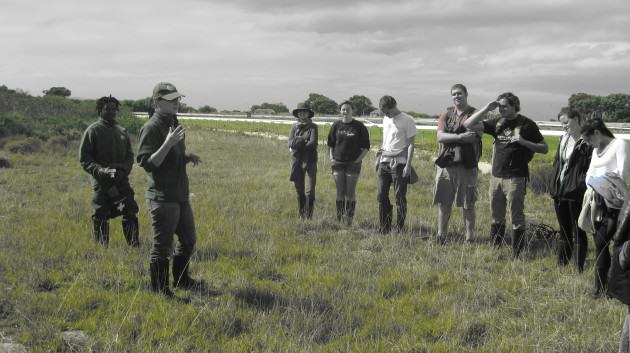
At this point I allow myself a brief moment of smug happiness. This year they elected to do one project, and are currently busy with the task of redesigning the City of Cape Town to the best ecological end. They have subcommittees representing different entities such as transport and biodiversity, and are steeped in the challenges of collective governance.
My smugness, however, is short lived. When it comes to the presentation of likely methods that would answer their questions, I start to squirm in my seat. Here students really flounder. While my students read a lot and are exposed to a variety of methods, it seems there is no compensation for a full and concentrated undergraduate degree in a single field in which one is systematically trained in discipline-specific methods.
This begs the question of what sort of training we need to make a contribution to urban ecology. It is comforting to fall back on an idea from ecology: that in life we need the generalists, who will thrive in a diversity of conditions, and the specialists who will fill specific roles and niches. Ecology also tells us we need this sort of diversity of function for health and persistence, so all is not lost. I like to look at the class as a whole, a representative group of young professionals heading out into the work force, and I see among them some specialists who have now added an urban angle to their undergraduate foundation, and then some well positioned knowledge brokers, who have been sensitized to another way of thinking that will inform their professional practice. I also know that by simply sitting in a class together they now also have each other as they move out into the world, one of the often under recognized benefits of being at university.
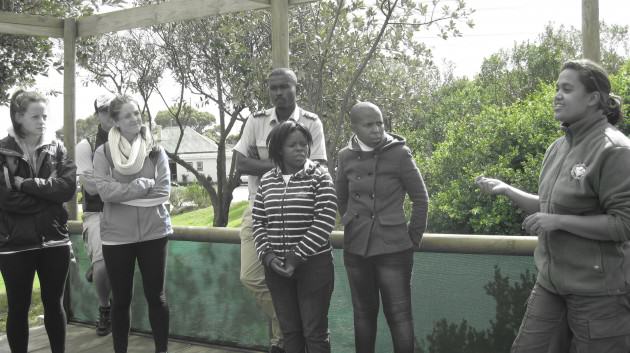
Job 2
My job with the African Centre for Cities (ACC) sees me heading up an Urban Ecology CityLab. The CityLabs follow the notion of city as ‘Laboratory’ and a number of thematic CityLabs have been set up to foster the transdisciplinary co-production of knowledge between the academy, the various tiers of government running the City of Cape Town, and broader society. In each instance the work generated is meant to be put towards a publication.
Here, while still steeped in the theory and practice of urban ecology, my engagements take a different turn. My role is not instructive, but that of facilitator. I am conscious of being among a diverse working group of well-informed colleagues (again a miscellany of generalists and specialists) and guiding this group through the process of sharing and creating knowledge. After the first two years of the initiation of the CityLab programme, a group of us CityLab leaders got together to reflect on the CityLab process. This brought to light a number of interesting insights, where for example the spatial geography of the meetings significantly influenced attendance and outcomes, and debates around appropriate terminology had resulted in irreparable schisms. In the Urban Ecology CityLab we ran a series of seminars, on the basis of which we worked towards a special issue publication. I was not sure in the end if we managed to pierce any disciplinary boundaries. Generally we worked well across institutions. For example we had papers co-authored by staff at the City and staff of the South African National Biodiversity Institute (SANBI), and papers co-authored by staff at UCT and the Council for Scientific and Industrial Research (CSIR).
But we did not have papers that were co-authored between a social scientist and a botanist, or an anthropologist and a zoologist. I think it might come down once again to methods. We are married to our methods, guarding our own territory closely on the basis of some secret society bounded by method. It is our security blanket, and often the site of great mistrust. As scientists we believe we are only as good as our method. What we achieved was a collective output, rather than any true transdisciplinary engagement.
I believe, indeed fear, that until we are happy to really acknowledge the value of each other’s method, any real transdisciplinary engagement, so critical to urban ecology and more broadly global sustainability, will continue to elude us. Simon Lewis (quoted in Zoe Corbyn’s piece ‘Ecologists shun the urban jungle’), commenting on the failure of ecologists to engage in the social really, calls us on it when he attributes this to the fact that it helps make complex systems more analytically tractable.
In other words, when upacking a complicated multidisciplinary problem, we often have more fealty to the method that to understanding.
These musings around the need for, and frequent failure to achieve, integrated and more holistic research in the urban, are of course not new. The literature is full of reference to the need for complex methods to engage with the complexity of cities, and the call for transdisciplinary work. There are good stories, and I do stumble on the occasional inspiring and insightful collaborations in the literature. For example, Vesa Yli-Pelkonen and Jari Niemela (2005) give a very frank account of the rewards and challenges in work in Finland that aimed to integrate ecological and social systems.
However, the examples do not abound, and I think we still have a big leap to take in forging methods that really bring together the diversity of research needed to understand the workings of our cities. Certainly in my own world I think a conservative approach to research on the basis of discipline-specific methods, developed in our silos, is retarding our progress in forging the cities of the future.
Job 3
Moving to my third ‘job’, I ask the question: ‘how do you raise children to be decent human beings with sound ethics and an appreciation of the natural environment?’ And given my own particular fascination with urban ecology: ‘how do you raise urban children to be ecologically aware and thoughtful, and give them the necessary tools to see, and experience nature in our cities?
With children (mine anyway) I am increasingly aware there is limited teaching and instruction. In part we set up patterns and rhythms that they fall into step with, and in part allow them space to dance to their own beat. My children spend much of their time out of doors in and around the City of Cape Town. Our front yard often looks like the high water mark after a heavy storm, with sticks, seaweed, stones and all manner of flotsam and jetsam lying about.
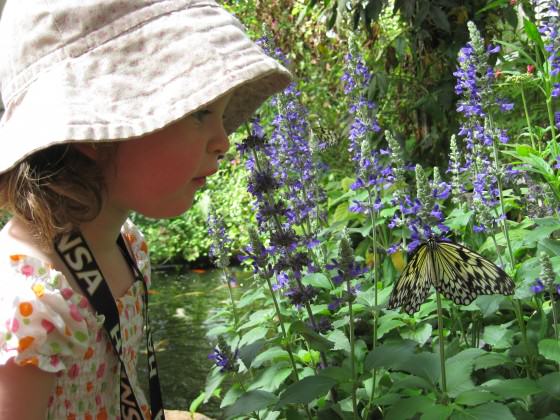
Like my graduate students, they are also not short of questions. At the moment they are exploring what happens to dead jelly fish when you freeze them. As for robust method, well, they are not there yet, but they have an unbounded and exploratory approach that is inspiring. Perhaps we lose our willingness to try new stuff, and become too rigid in our approach to problem solving. Perhaps if we embraced their open-minded approach, and accept a process of experiential learning throughout life, we might be less stubborn in our engagements with others and more open to ongoing learning.
Young people, my graduate students and my kids, pose interesting and unusual questions. They pose the kinds of difficult questions that integrate different areas of thought and reflect the complex world we live in.
They are, however, short on the methods.
My colleagues, on the other hand, may be too precious about their methods.
There is certainly space for experts; the specialists who will contribute the detailed and fine work and grow the disciplines. Much of the work required in understanding our cities will however require a more integrated approach. What I would like to see is the retention of some of the youthful no-categories approach to urban study, and the forging of a new and unified methodology that will facilitate real multidisciplinary work.
My sense is that there is a growing understanding of this need and that we are ripe for the revolution.
Pippin Anderson
Cape Town
All photos by Pippin Anderson

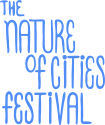
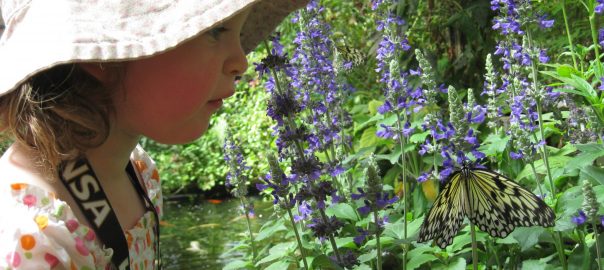
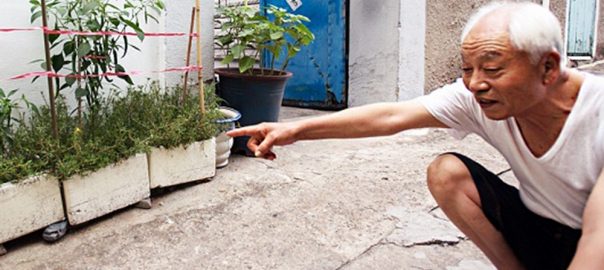
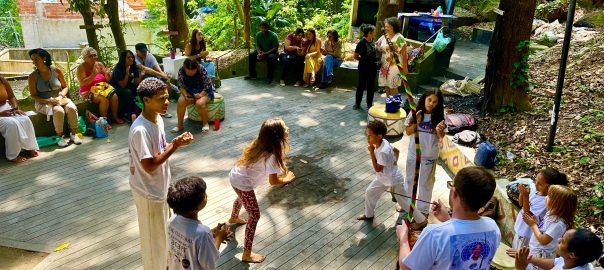

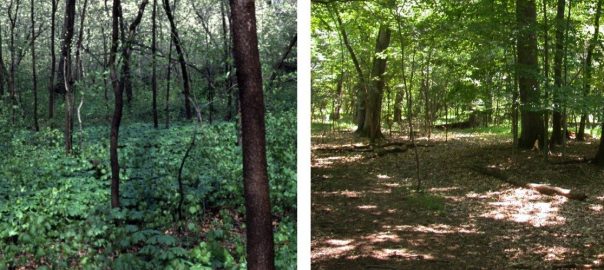
Leave a Reply